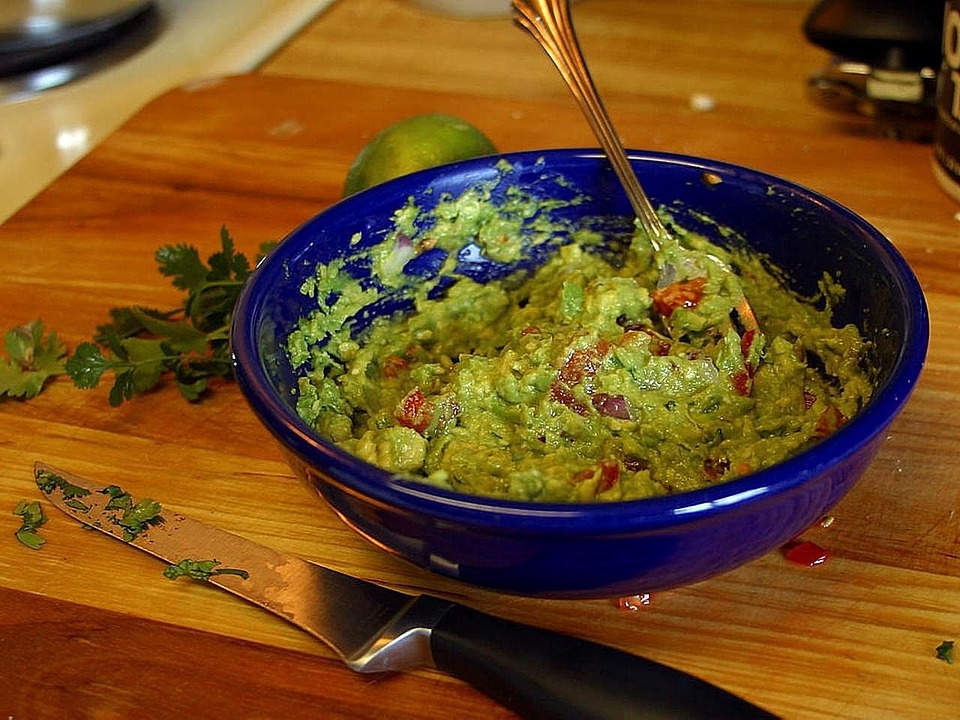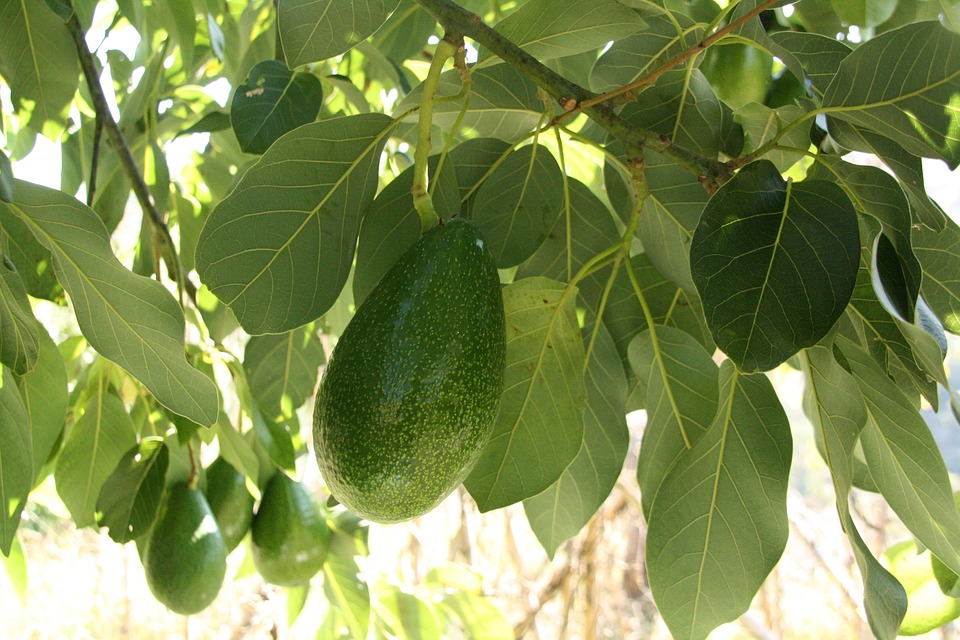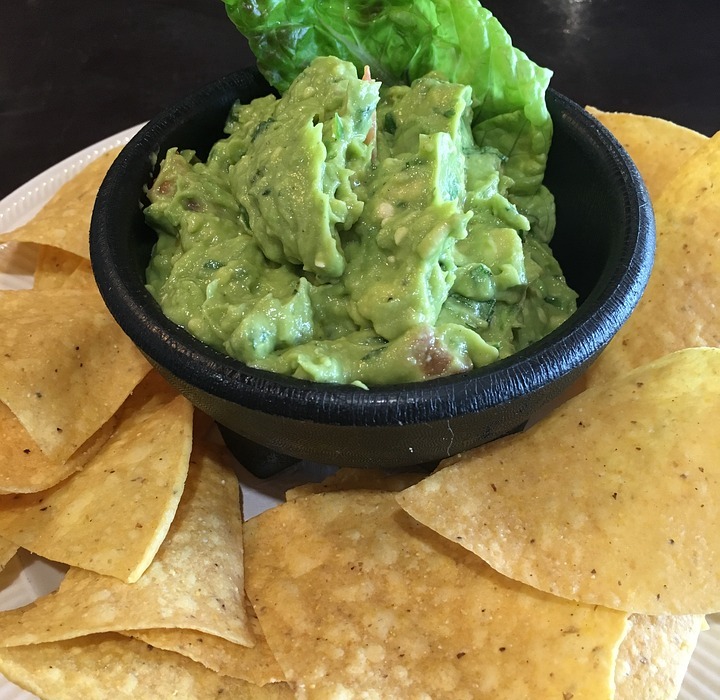This article delves into the complex relationship between dogs and avocados, exploring the potential dangers of avocado toxicity and offering guidance on how to keep your furry friend safe. We'll cover the key components of avocados that pose a risk to dogs, the symptoms of avocado poisoning, and what to do if you suspect your dog has ingested avocados. We'll also address common questions about avocado consumption in dogs and provide practical tips for ensuring your canine companion enjoys a healthy and safe diet.
Part 1: Understanding Avocado Toxicity

1.1. The Culprit: Persin
- Persin is a fungicidal toxin found in all parts of the avocado, including the skin, pit, leaves, and flesh.
- It acts as a natural defense mechanism for the avocado tree, protecting it from fungal infections.
- Persin is particularly concentrated in the pit and skin, making them the most toxic parts of the avocado.
- This toxin is a type of polyketide, a group of naturally occurring compounds with diverse biological activities.
- Persin is not easily broken down in the environment, and it can persist in soil and water for extended periods.
1.2. Why Persin is a Problem for Dogs
- Dogs are highly susceptible to the effects of persin, even small amounts can cause serious health issues.
- Persin disrupts the normal function of a dog's cardiovascular system, leading to heart problems, such as arrhythmia and congestive heart failure.
- It can also cause gastrointestinal distress, including vomiting, diarrhoea, abdominal pain, and loss of appetite.
- Persin can also affect a dog's respiratory system, leading to difficulty breathing, coughing, wheezing, and even pulmonary edema.
- In severe cases, persin poisoning can lead to neurological symptoms, such as seizures, tremors, disorientation, and even coma.
1.3. The Science Behind the Toxicity
- Persin is a potent inhibitor of fatty acid synthesis, a crucial process in the body for building and maintaining cells.
- By disrupting fatty acid synthesis, persin can cause a buildup of toxic fatty acids in the body, leading to cell damage and organ dysfunction.
- Additionally, persin can disrupt the production of hormones and neurotransmitters, contributing to the wide range of symptoms observed in dogs.
- The specific mechanisms of persin toxicity are still under investigation, but research suggests that it can bind to and activate certain receptors in the body, triggering a cascade of adverse effects.
1.4. How Much Avocado is Too Much?
- There is no safe amount of avocado for dogs to consume, as even small quantities can trigger adverse reactions.
- The severity of the symptoms depends on factors like the dog's size, the amount of avocado consumed, and the specific part of the avocado ingested.
- Smaller dogs are more susceptible to the effects of persin due to their lower body weight.
- Ingesting the pit or skin of the avocado is particularly dangerous due to their higher concentration of persin.
- It's best to err on the side of caution and completely avoid giving avocados to your dog.
Part 2: Symptoms of Avocado Poisoning in Dogs

2.1. Early Signs
- Gastrointestinal upset: Vomiting, diarrhoea, abdominal pain, loss of appetite.
- Respiratory problems: Difficulty breathing, coughing, wheezing.
- Lethargy: Sluggishness, weakness, lack of energy.
- Drooling: Excessive salivation, possibly accompanied by mouth irritation.
- Tremors: Shaking or trembling, particularly in the legs or head.
2.2. Severe Symptoms
- Cardiac complications: Irregular heartbeat, heart failure, chest pain.
- Neurological symptoms: Seizures, tremors, disorientation, paralysis, coma.
- Fluid accumulation: Swelling in the legs, abdomen, and lungs, indicating potential heart or kidney failure.
- Bloody diarrhoea or vomiting: Signifying severe gastrointestinal damage.
- Muscle weakness: Difficulty standing or walking, potentially leading to collapse.
Part 3: What to Do if Your Dog Eats Avocado

3.1. Act Quickly
- If you witness your dog eating avocado, remove any remaining pieces immediately.
- Contact your veterinarian as soon as possible, even if your dog shows no symptoms.
- Provide your veterinarian with details about the amount of avocado consumed, the time of ingestion, and any symptoms your dog is displaying.
3.2. Emergency Veterinary Care
- Your veterinarian may recommend inducing vomiting or administering activated charcoal to absorb the toxins.
- Depending on the severity of the poisoning, your dog may require intravenous fluids, medications to manage symptoms, and monitoring in a hospital setting.
- Treatment may include medications to control heart rhythm, manage gastrointestinal distress, and prevent seizures.
- In severe cases, supportive care may be necessary to address fluid imbalances, respiratory distress, and neurological complications.
Part 4: Preventing Avocado Poisoning
4.1. Keep Avocados Out of Reach
- Store avocados securely in airtight containers or in the refrigerator, away from your dog's access.
- Dispose of avocado pits and skins properly, ensuring they are not accessible to your dog.
- Be mindful of dropped avocado pieces or discarded avocado products, cleaning them up promptly.
- Consider using childproof locks or cabinets to store avocados out of your dog's reach.
4.2. Educate Others
- Inform family members, friends, and anyone who might be caring for your dog about the dangers of avocado.
- Ensure guests are aware of the need to keep avocados out of reach of your dog.
- Post clear warnings or signs around your home to remind visitors about avocado toxicity.
4.3. Choose Dog-Friendly Snacks
- Offer your dog a variety of safe and delicious snacks, such as carrots, apples (without seeds), and plain cooked chicken.
- Consult your veterinarian for guidance on appropriate treats for your dog's age, breed, and health conditions.
Part 5: Dog-Friendly Alternatives to Avocado
5.1. Banana
- Bananas are a great source of potassium, fibre, and vitamins, making them a healthy and delicious treat for dogs.
- They can be given in moderation as part of a balanced diet.
5.2. Blueberries
- Blueberries are packed with antioxidants and are a good source of fibre and vitamin C.
- Offer blueberries in small quantities as a nutritious snack.
5.3. Pumpkin
- Pumpkin is a versatile treat that can be given as a snack, added to dog food, or used as a natural remedy for digestive issues.
- Choose pure pumpkin puree, not pie filling, as the latter contains added sugar and spices.
5.4. Sweet Potato
- Sweet potato is a rich source of fibre, vitamins, and antioxidants, making it a healthy and delicious treat for dogs.
- It can be given cooked and in moderation.
5.5. Apples
- Apples (without seeds) are a great source of fibre, vitamins, and antioxidants, making them a healthy and refreshing snack for dogs.
- Choose smaller apples and remove the seeds and core before giving them to your dog.
Part 6: FAQs
6.1. Can dogs eat avocado toast?
Absolutely not. Avocado toast is a common breakfast treat, but the avocado is the primary ingredient and poses a serious risk to dogs.
6.2. Is avocado oil toxic to dogs?
Avocado oil is generally safe for dogs in small quantities. However, it's important to note that it's the persin that's toxic, and it can be found in trace amounts in the oil. It's best to avoid giving your dog avocado oil altogether.
6.3. Are avocado pits poisonous to dogs?
Yes, avocado pits are the most toxic part of the avocado. They contain the highest concentration of persin and can cause severe symptoms if ingested.
6.4. What if my dog ate just a small piece of avocado?
Even a small piece of avocado can be harmful to dogs, especially if they're small or sensitive to persin. It's best to err on the side of caution and contact your veterinarian immediately.
6.5. Can I give my dog avocado skin?
No, avocado skin is also toxic to dogs and should be kept away from them.
6.6. Can I cook avocados and then give them to my dog?
Cooking avocados does not remove persin. The toxin remains even after cooking, so it's not safe to give cooked avocados to your dog.
6.7. Are all types of avocados equally toxic?
All types of avocados contain persin and are potentially toxic to dogs. There is no safe variety or type of avocado for dogs to consume.
Everyone is watching
-

Can Dogs Eat Bananas? A Guide to Safe Treats
DOGS & PUPPIESThis comprehensive guide will delve into the world of canine nutrition, focusing on the popular question: can ...
-

Can Dogs Eat Oranges? (Is It Safe or Toxic?)
DOGS & PUPPIESThis article delves into the question of whether dogs can safely consume oranges. We'll explore the nutrition...
-

Can Dogs Eat Grapes? The Shocking Truth About This Fruit
DOGS & PUPPIESThis article delves into the controversial topic of grapes and dogs, exploring the potential dangers associate...
-

Why Do Dogs Eat Poop? Understanding Coprophagia in Dogs
DOGS & PUPPIESThis article delves into the perplexing phenomenon of coprophagia, the act of eating faeces, in dogs. We explo...
-

Can Dogs Eat Shrimp? A Guide to Safety and Risks
DOGS & PUPPIESThis comprehensive guide dives into the world of shrimp and dogs, exploring the potential benefits and risks a...
